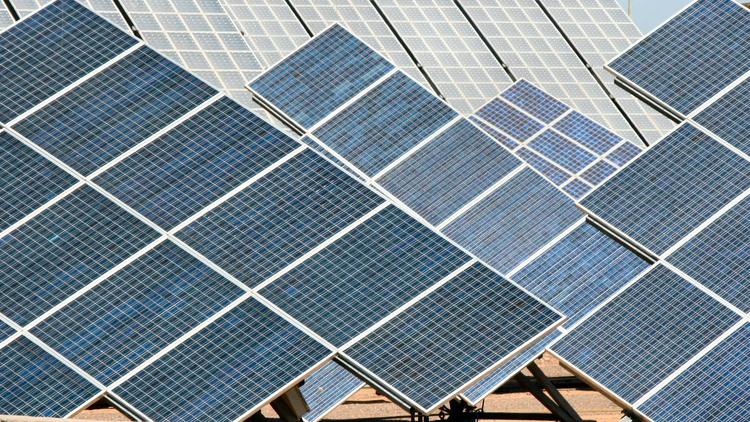
Pakistan’s parliament made headlines earlier this year when it was announced that they had become the world’s first national legislature to be completely powered by solar energy. The parliament’s speaker, Ayaz Sadiq, announced that the installed solar roof panels would generate 80 MW of electricity – 62 of which would serve the legislature’s needs while the remaining 18 MW would be added to the national power grid. The project was largely made possible by China’s government, as Chinese president Xi Jinping launched the initiative during an official visit in 2015. Though Pakistan’s government and national budget will benefit greatly from the 28 million Pakistani rupees ($267,265) the panels are expected to save annually, it is hard to say if the average Pakistani will see any relief as the nation’s enormous energy crisis continues unabated.
The Pakistani economy has suffered significantly due to the chronic fuel and electricity shortages that have plagued the country in recent years. Even major cities have been affected, with power black-outs in urban area lasting for around 8 hours a day. In rural areas, the black-outs typically last for 11 hours and some areas have electricity for as few as four hours per day. Pakistan’s minister for water and energy, Khawaja Muhammad Asif, has argued that the crisis is being brought under control and that a return to normal supply levels could come within the next few months. Yet, energy experts, who spoke with the New York Times, have doubted Asif’s optimistic outlook, arguing that the causes of the crisis are complex and could prove difficult to resolve so quickly. Poor governance, lack of transparency, and incompetence have all been blamed for the energy crisis as well as a brewing water crisis which threatens complicate the situation even further.
Despite the role of government in creating this crisis which negatively affects the lives of a majority of Pakistanis, the government’s move to make the national legislature solar-powered speaks to a larger chasm between the average Pakistani and the nation’s political class. This divide can also be seen how the government has handled solar power accessibility for its citizens. In 2014, the government actually imposed a 32.5% tax on solar power equipment imported into the country. Though this was reversed a year later when the energy crisis spiraled out of control, it suggests that the political elite in Pakistan view solar power as a luxury for the country’s well-to-do.
Since then, Pakistan’s government has sought to make solar panel installation less expensive and more accessible. However, the only program in place to lower costs is net-metering. Net-metering, which allows owners of solar panels to sell the excess power they produce to the national grid, does nothing to reduce the cost of installation or help with any related, short-term economic burden. The government, instead of subsidizing the average citizen’s purchase of solar panels or allowing for other similar measures and incentives, has partnered with banks, which would offer loans to interested parties. The program would allow buyers to borrow against their home’s value, meaning that failure to pay back the loan could result in the home’s foreclosure. For many Pakistanis, this option is not attractive and keeps the need for renewable energy resources out of reach for the majority.
What are your thoughts? Please comment below and share this news!
This article (Pakistani Parliament Becomes First In The World To Go 100% Solar) is free and open source. You have permission to republish this article under a Creative Commons license with attribution to the author and TrueActivist.com


